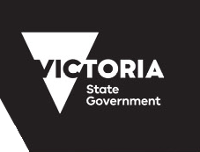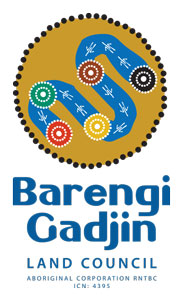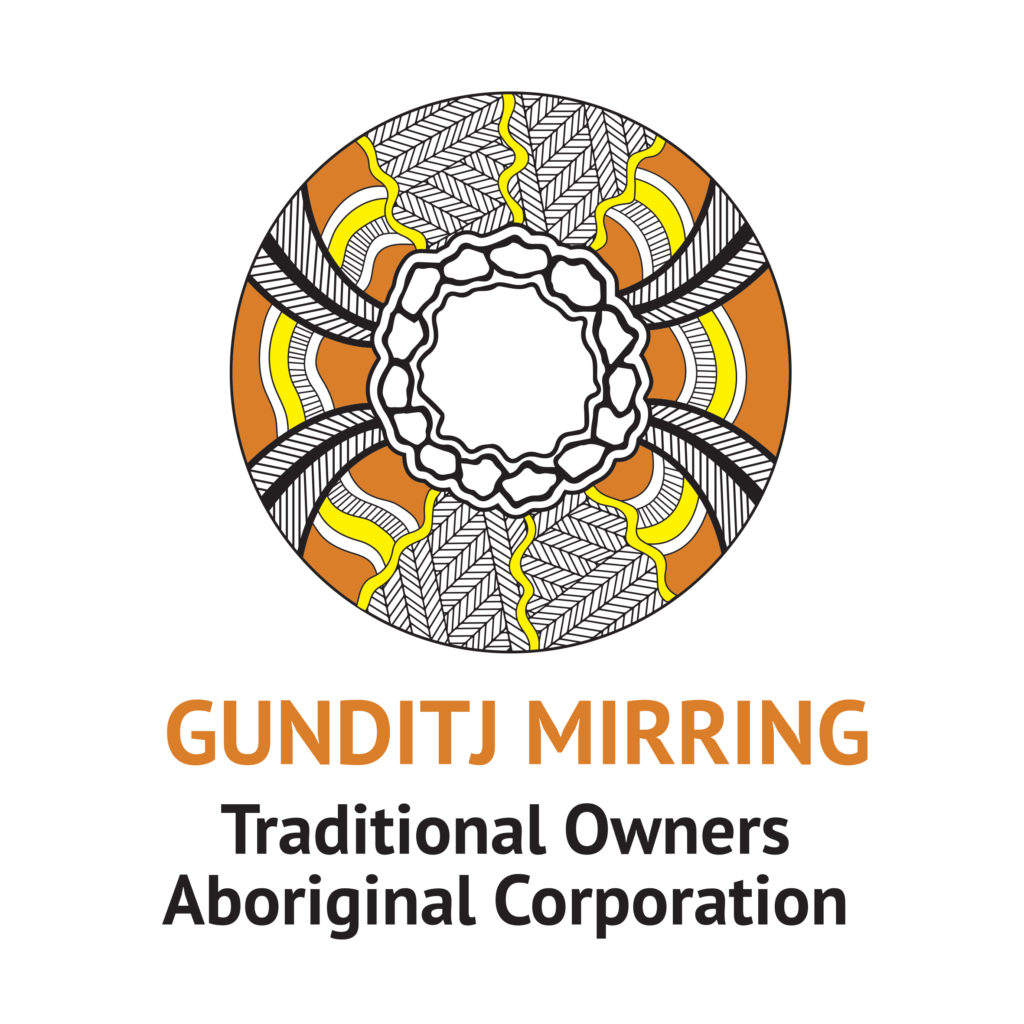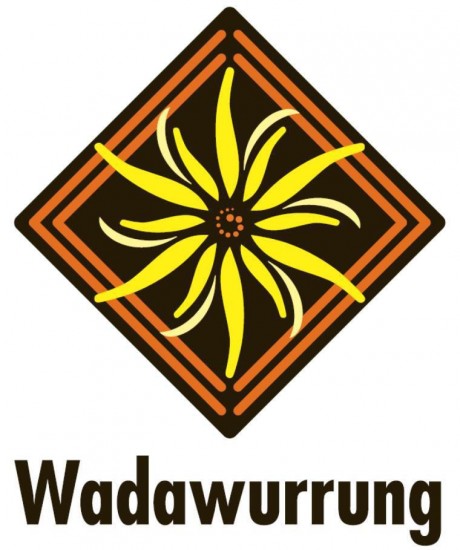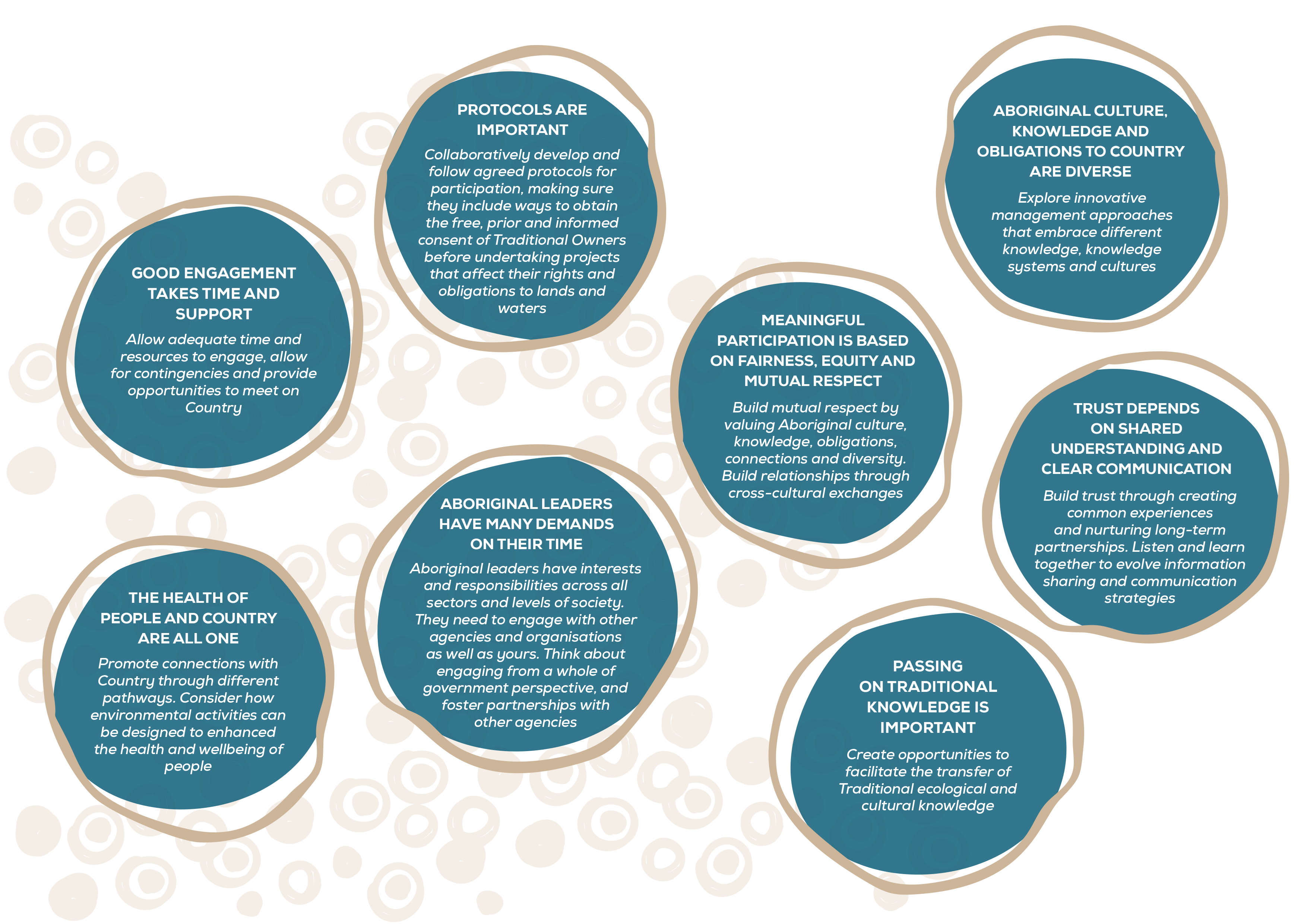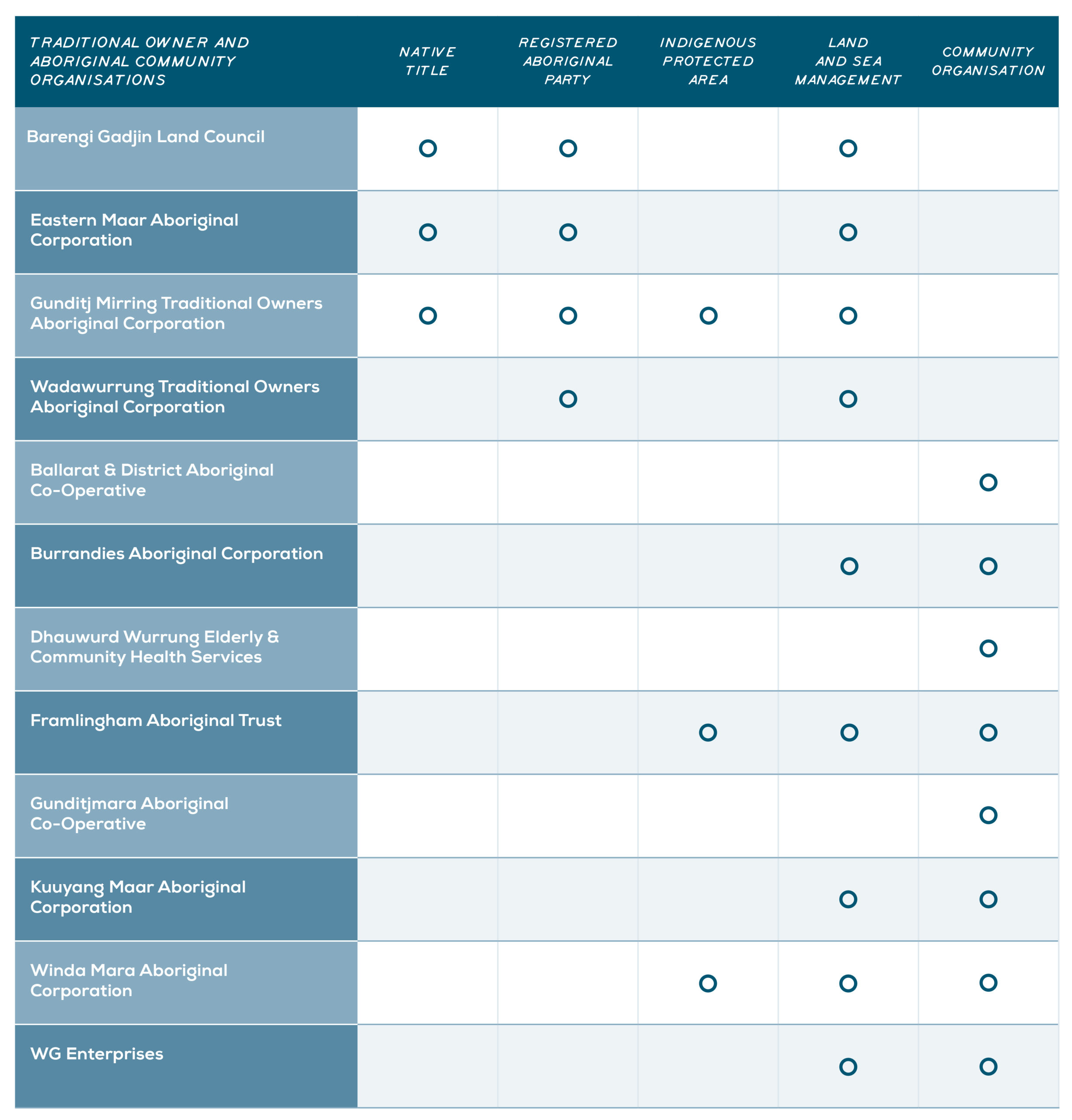Welcome to Country
The Traditional Owners of Country across the Glenelg Hopkins region introduce and welcome you to their Country. Please click the Traditional Owner group symbols below.
Acknowledgement of Country
We proudly acknowledge Traditional Owners and Aboriginal communities and organisations. We recognise their rich cultural diversity and intrinsic continuing connection to Country. We pay our respects to Elders past, present and emerging.
We also recognise and acknowledge the contribution, interests and rights that Traditional Owners and Aboriginal communities and organisations have in land and water management. We value our partnerships with them, for the health of people and Country.
Traditional Owners have never ceded their rights to land, water and other natural resources, or their cultural obligations to look after Country. Country is Family. Traditional Owner relationships with Country are equal to relationships with family.
 Ceremonial dance
Ceremonial dance
Photo: Courtesy of Eastern Maar Aboriginal Corporation
Truth telling
Prior to colonisation, the Glenelg Hopkins landscape was healthy and provided sustenance for the people and wildlife that lived here. With European settlement came foreign plants and animals and changed management practices, which impacted the land and the people. Traditional Owners were forced out of the landscape and could not maintain their obligations to Country. South-west Victoria has a particularly brutal history of violence and massacres. The First Peoples Assembly of Victoria and the Victorian Government have made a shared commitment to truth telling through the Yoo-rrook Justice Commission. The Commission is expected to establish an official record of the impact of colonisation on First Peoples in Victoria and make recommendations about practical actions and reforms needed. This will likely inform integrated catchment management across the State and the Glenelg Hopkins region into the future.
Treaty
The State of Victoria is also working with Aboriginal Victorians through the First Peoples Assembly to progress discussions on Treaty. Treaty is an agreement between governments and First Nations – it is an opportunity to recognise and celebrate the status, rights, cultures and histories of Aboriginal Victorians. It also helps address the wrongs to build stronger relationships between Aboriginal and non-Aboriginal Victorians, and the State.
Guiding principles
The following key principles set the foundation for working with Traditional Owners and Aboriginal communities and organisations, and for ensuring their participation and leadership in integrated catchment management. These principles form part of the Aboriginal Participation Guidelines and Implementation Plan for Victorian Catchment Management Authorities.
Traditional Owner and Aboriginal community organisations
State recognition
There are three ways in which Traditional Ownership of ancestral country is formally recognised by the Victorian Government:
- Native Title settlements as part of a determination by the Federal Court under the Native Title Act 1993 (Cwth).
- Recognition and settlement agreements under the Traditional Owner Settlement Act 2010 (Vic).
- Victorian Aboriginal Heritage Council appointing a Traditional Owner corporation as a Registered Aboriginal Party (RAP) under the Aboriginal Heritage Act 2006 (Vic).
Traditional Owner groups in the Glenelg Hopkins region
Four Traditional Owner groups help manage the unique cultural landscape of the Glenelg Hopkins region – Barengi Gadjin Land Council, Eastern Maar Aboriginal Corporation, Gunditj Mirring Traditional Owners Aboriginal Corporation and Wadawurrung Traditional Owners Aboriginal Corporation. Burrandies Aboriginal Corporation, representing Boandik Traditional Owners, also has interests and connections to Country in the western part of the Glenelg River catchment.
Within the Glenelg Hopkins catchment there are also local Aboriginal organisations which that deliver a range of health and well-being, social, educational, and economic and community development programs for community members. The table below shows the different Traditional Owner and Aboriginal community organisations that work across the region.
Header photo: Gunditjmara eel basket, Museum Victoria
